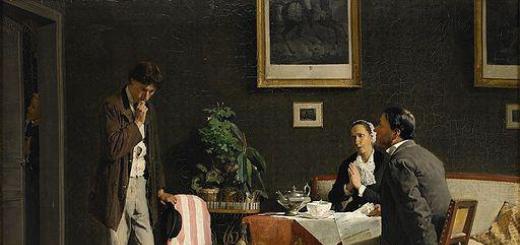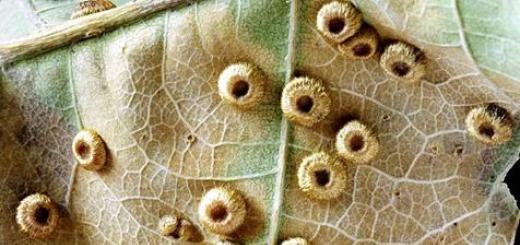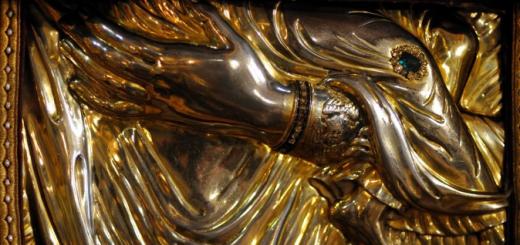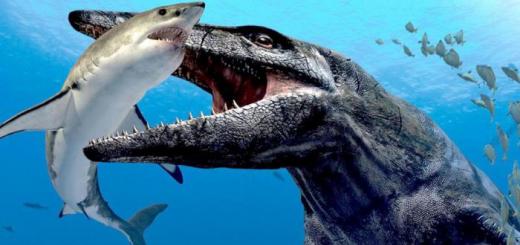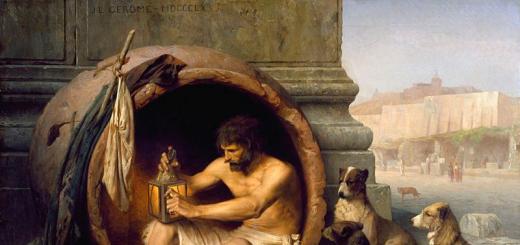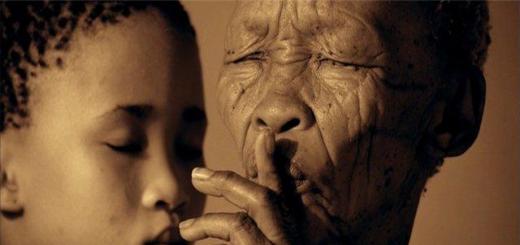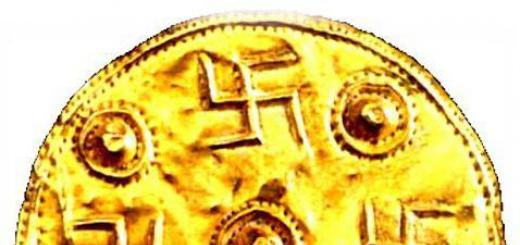Vasily Tatishchev deservedly took an honorable place among the great minds of Russia. To call him ordinary simply does not turn the tongue. He founded the cities of Tolyatti, Yekaterinburg and Perm, led the development of the Urals. For 64 years of his life he wrote several works, the main of which is "Russian History". The importance of his books is evidenced by the fact that they are published today. He was a man of his time, who left behind a rich legacy.
Young years
Tatishchev was born on April 29, 1686 in a family estate in the Pskov district. His family was descended from the Rurikovichs. But this relationship was distant, they were not supposed to have a princely title. His father was not a rich man, and the estate went to him after the death of a distant relative. The Tatishchev family constantly served the state, and Vasily was no exception. With his brother Ivan, at the age of seven, he was sent to serve at the court of Tsar Ivan Alekseevich as a steward (a servant whose main duty was to serve at the table during a meal). About the early years of Tatishchev, G. Z. Yulyumin wrote the book “Youth of Tatishchev”
Historians do not have an unambiguous opinion about what exactly he did after the death of the king in 1696. It is known for certain that in 1706 both brothers entered the military service and took part in hostilities in Ukraine as lieutenants of a dragoon regiment. Later, Tatishchev took part in the battle of Poltava and the Prut campaign.
Fulfillment of the orders of the king
Peter the Great noticed a smart and energetic young man. He instructed Tatishchev to go abroad to study engineering and artillery sciences. In addition to the main mission of travel, Tatishchev carried out secret orders from Peter the Great and Jacob Bruce. These people had a great influence on the life of Vasily and were similar to him in their education and broad outlook. Tatishchev visited Berlin, Dresden and Bereslavl. He brought to Russia many books on engineering and artillery, which at that time were very difficult to get. In 1714, he married Avdotya Vasilyevna, whose marriage ended in 1728, but brought two children - the son of Efgraf and the daughter of Evpropaksia. On the line of his daughter, he became the great-great-grandfather of the poet Fyodor Tyutchev.
His trips abroad ceased in 1716. At the behest of Bruce, he transferred to the artillery troops. A few weeks later, he had already passed the exam and became a lieutenant engineer. The year 1717 passed for him in the army fighting near Königsberg and Danzig. His main responsibility was the repair and maintenance of artillery facilities. After unsuccessful negotiations with the Swedes in 1718, among the organizers of which was Tatishchev, he returned to Russia.
Jacob Bruce in 1719 proved to Peter the Great that it was necessary to draw up a detailed geographical description of the Russian territory. This duty was assigned to Tatishchev. It was during this period that he actively became interested in the history of Russia. It was not possible to complete the mapping, already in 1720 he received a new appointment.

Management of the development of the Urals
The Russian state needed a large amount of metal. Tatishchev, with his experience, knowledge and diligence, suited the role of manager of all the Ural factories like no other. On the spot, he developed a vigorous activity in the exploration of minerals, the construction of new factories or the transfer of old ones to a more suitable place. He also founded the first schools in the Urals and wrote a job description on the procedure for deforestation. At that time, they did not think about the safety of trees, and this once again speaks of his foresight. It was at this time that he founded Yekaterinburg and a plant near the village of Egoshikha, which served as the beginning for the city of Perm.
Changes in the region were not to everyone's liking. The most ardent hater was Akinfiy Demidov, the owner of many private factories. He did not want to follow the rules set for everyone and saw state-owned factories as a threat to his business. He did not even pay a tax to the state in the form of tithes. At the same time, he was on good terms with Peter the Great, so he counted on concessions. His subordinates interfered in every possible way with the work of civil servants. Disputes with Demidov took a lot of time and nerves. In the end, due to the slander of the Demidovs, Wilhelm de Gennin arrived from Moscow, who figured out the situation and honestly reported everything to Peter the Great. The confrontation ended with the recovery of 6,000 rubles from Demidov for false slander.

Monument to Tatishchev and de Gennin in Yekaterinburg (Tatishchev on the right)
Death of Peter
In 1723 Tatishchev was sent to Sweden to collect information about mining. In addition, he was entrusted with hiring craftsmen for Russia and finding places to train students. And the matter did not go without secret instructions, he was ordered to collect all the information that could relate to Russia. The death of Peter the Great found him abroad and seriously unsettled him. He lost a patron, which affected his future career. His travel funding was severely cut, despite reports that indicated what he could purchase for the state. Upon returning home, he pointed out the need for changes in the monetary business, which determined his immediate future.
In 1727, he received membership in the mint, which ran all the mints. Three years later, after the death of Peter II, he became its chairman. But soon he was charged with bribery and suspended from work. This is associated with the intrigues of Biron, who at that time was the favorite of Empress Anna Ioannovna. During this period, Tatishchev did not give up, continuing to work on the "History of Russia" and other works, he studied science.

Recent Appointments
The investigation ended unexpectedly in 1734, when he was appointed to his usual role of head of all state mining plants in the Urals. During the three years that he spent in this post, new factories, several cities and roads appeared. But Biron, who conceived a scam with the privatization of state factories, helped to ensure that in 1737 Tatishchev was appointed head of the Orenburg expedition.
Its goal was to establish ties with the peoples of Central Asia in order to join them to Russia. But even in such a difficult matter, Vasily Nikitich showed himself only from the best side. He brought order among his subordinates, punishing people who abused their powers. In addition, he founded several schools, a hospital and a large library. But after he fired Baron Shemberg and confronted Biron about Mount Grace, a bunch of accusations rained down on him. This led to the removal of Vasily Nikitich from all cases and taking him under house arrest. According to some sources, he was imprisoned in the Peter and Paul Fortress.
The arrest continued until 1740, when, after the death of Empress Anna Ivanovna, Biron lost his position. Tatishchev first headed the Kalmyk Commission, designed to reconcile the Kazakh peoples. And then he became the governor of Astrakhan. For all the complexity of the tasks, he was extremely little supported by finances and troops. This led to a serious deterioration in health. Despite all efforts, the appointment ended as usual. That is, the court because of the large number of accusations and excommunication in 1745.
He spent his last days on his estate, devoting himself entirely to science. There is a story that Tatishchev knew in advance that he was dying. Two days before his death, he ordered the artisans to dig a grave and asked the priest to come for communion. Then a messenger galloped up to him with an excuse for all cases and the Order of Alexander Nevsky, which he returned, saying that he no longer needed it. And only after the rite of communion, saying goodbye to his family, he died. Despite its beauty, this story, attributed to the grandson of Vasily Nikitich, is most likely a fiction.
It is impossible to retell the biography of Vasily Tatishchev in one article. Many books have been written about his life, and his person is ambiguous and controversial. It is impossible to put a label on him, calling him simply an official or an engineer. If you collect everything he did, the list will be very large. It was he who became the first real Russian historian and did this not according to the appointment of his superiors, but at the behest of his soul.
